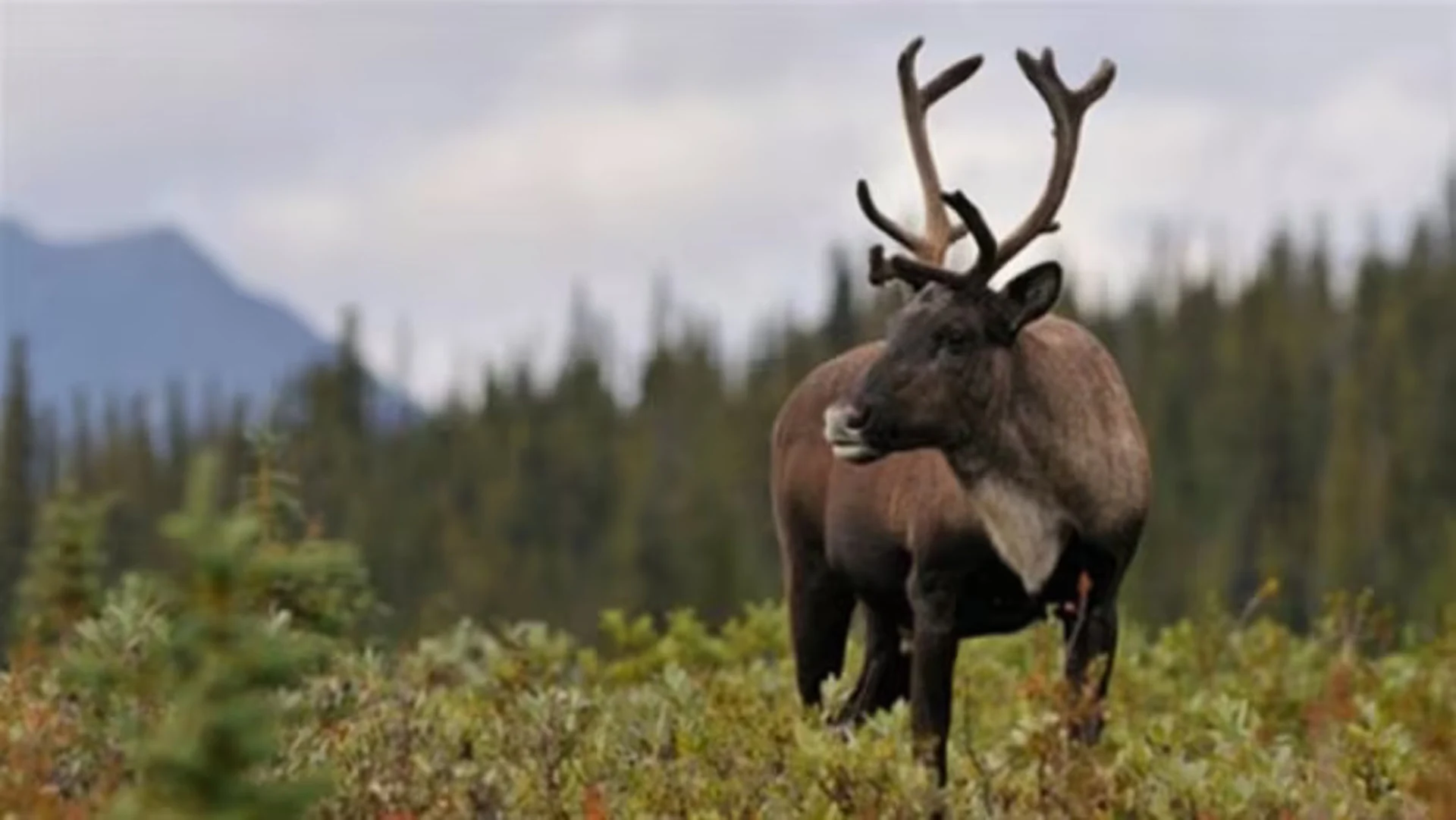
Caribou recovery program at Jasper National Park aims to boost herd numbers
Conservationists are starting a new recovery program aiming to strengthen caribou herds in Jasper National Park that are too small to recover on their own.
Partnering with B.C.-based consulting firm Landmark Solutions, the Parks Canada Caribou Recovery Program is the first of its kind for Canada, according to program manager Jean-Francois Bisaillon.
"It's been done in Finland and portions of that project have been done elsewhere, but this is really unprecedented and very exciting for Parks Canada," Bisaillon said.
Joshua Kummerfield, a project manager for Parks Canada, said the organization has a mandate to protect and recover caribou.
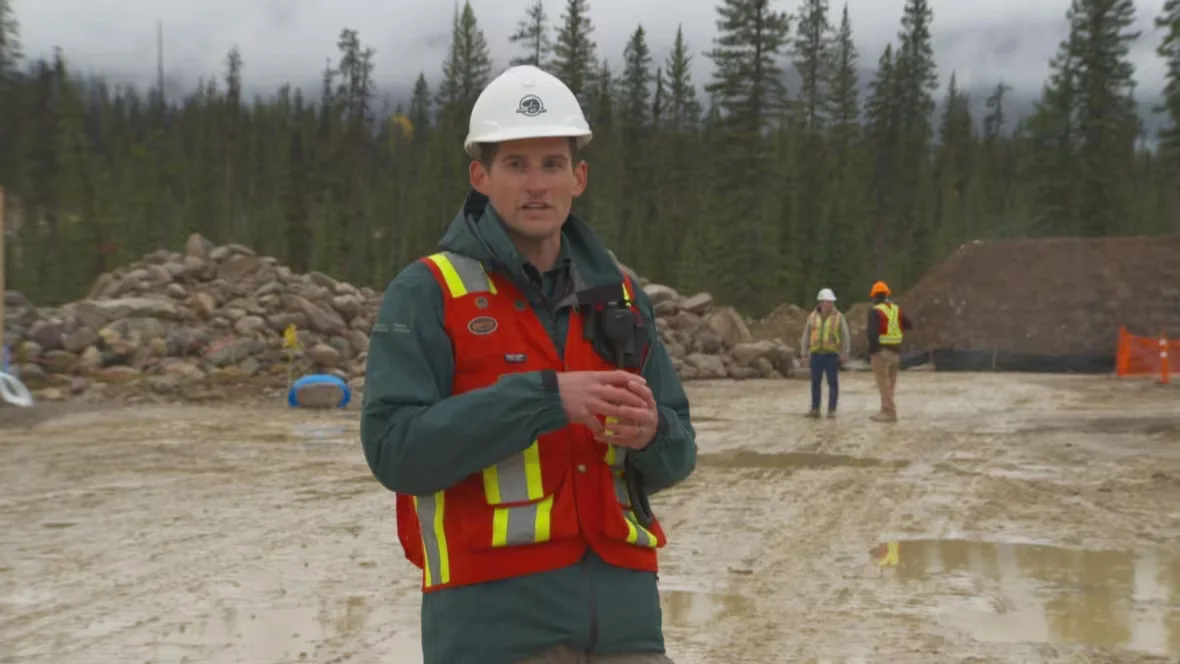
Joshua Kummerfield, a project manager for Parks Canada, said the federal organization has a mandate to protect and recover caribou. (Dave Bajer/CBC)
RELATED: Inside Manitoba's Wapusk, the national park you can't visit
Conservation breeding, he said, can efficiently strengthen the four herds most prominent in Jasper, beginning with the Tonquin and Brazeau herds.
"The intent of that is to bring caribou in, breed them, raise them in a protected area from predators and then release them back into the wild," Kummerfield said.
The facility is situated on roughly 65 hectares of land just a few kilometres away from Tonquin Valley, said Kummerfield. It will be staffed by up to six full-time workers throughout the year, tasked with taking care of around 40 female caribou and eight male caribou.
Once caribou breed and give birth to their calves, they will stay at the facility for a little more than one year before being flown into Tonquin Valley, where they will be released into the wild.
The hope, Kummerfield said, is that the animals will become self-reliant enough to survive on their own and repopulate in a more natural environment.
"The caribou that are going to be released after a year-and-a-half of life, we want those caribou to be more wild," he said.
"We don't want them to be habituated."
There are separate pens for cows and bulls, and dedicated pens to be used during breeding time. There are also separate pens for the calves and yearlings.
Indigenous partnership
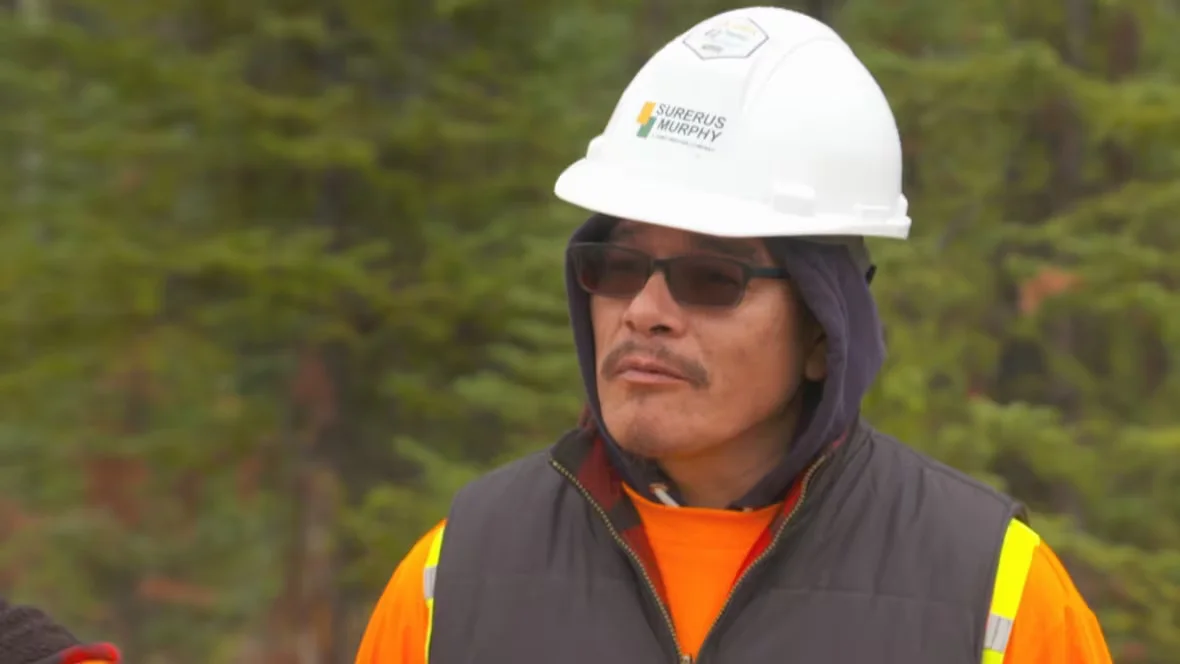
Frank Roan, a representative from Mountain Cree, said involving Indigenous partners in the Parks Canada project allows them to share traditional knowledge to help slowly diminishing caribou population flourish. (Dave Bajer/CBC)
SEE ALSO: At Canada's largest Atlantic puffin colony, chicks are dying of starvation
Helping parks staff to support the Caribou Recovery Program are members from Mountain Cree and Kelly Lake Cree Nation who will be sharing their knowledge of traditional methods of caribou management.
The federal agency reached out to partners in the fall of 2019 to discuss the plans for Jasper.
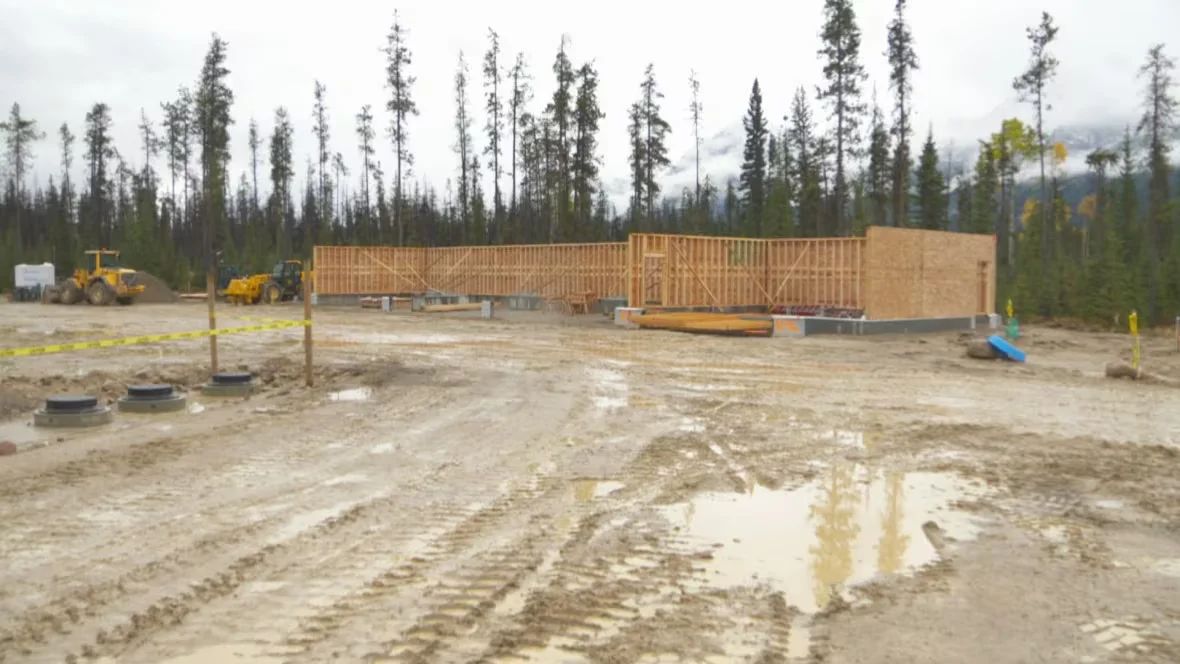
The caribou breeding facility will be situated on roughly 65 hectares of land, just a few kilometres away from Tonquin Valley in Jasper, Alta. (Dave Bajer/CBC)
Frank Roan, a representative from Mountain Cree, said he's happy to see Parks Canada involve Indigenous partners in the project because it's providing an opportunity for their traditional knowledge to help the slowly diminishing caribou population flourish again.
Caribou are significant in the lives of Indigenous populations culturally and as a food source.
"Any time we can preserve anything of significance is a bonus for us," Roan said.
While construction remains on schedule and on budget, Kummerfield said there's still work to be done in order to get the facility ready to welcome its first few caribou by Parks Canada's January 2025 deadline.
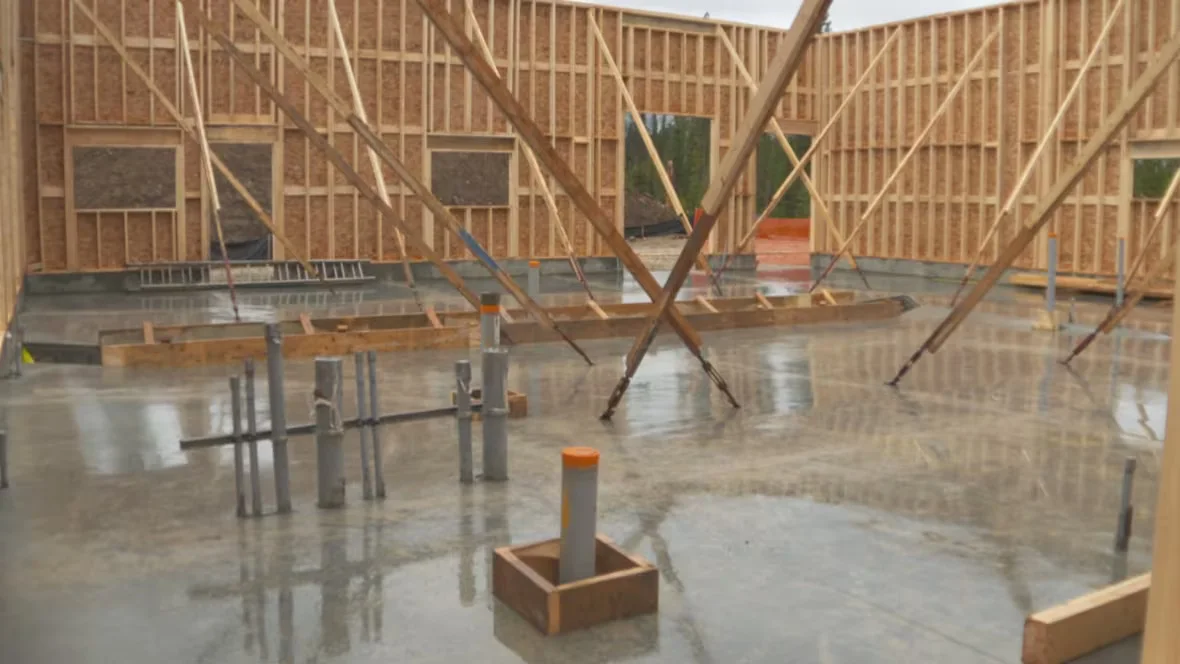
While construction remains on schedule and on budget, Parks Canada staff say there's still work to be done before the breeding facility can welcome its first few caribou in 2025. (Dave Bajer/CBC)
READ MORE: Explore Canada's 'birthplace of reforestation'
Workers spent last winter clearing the area of dead pine trees and this is expected to continue this November and December. The installation of underground water, electric and septic infrastructure is also complete, but construction of the facility is ongoing.
Kummerfield said the breeding grounds will consist of a kitchen, meeting room, private office, staff accommodations, medical lab, change rooms, mud room and a necropsy room to examine dead caribou.
It will also include more than 33 pens for caribou in different life stages.
Watch: Angry elk rams into car at Jasper National Park
This article was originally written for CBC News.










